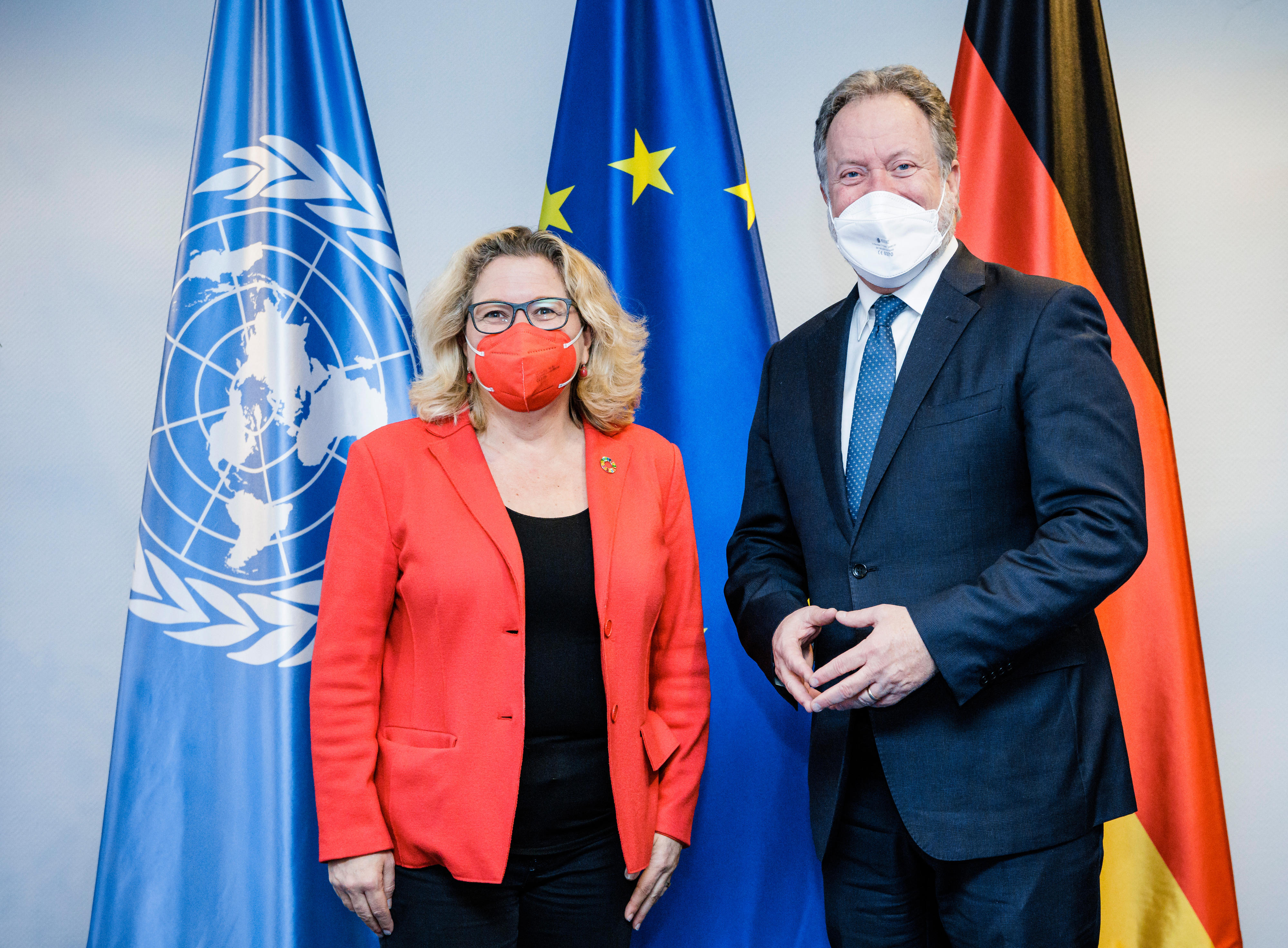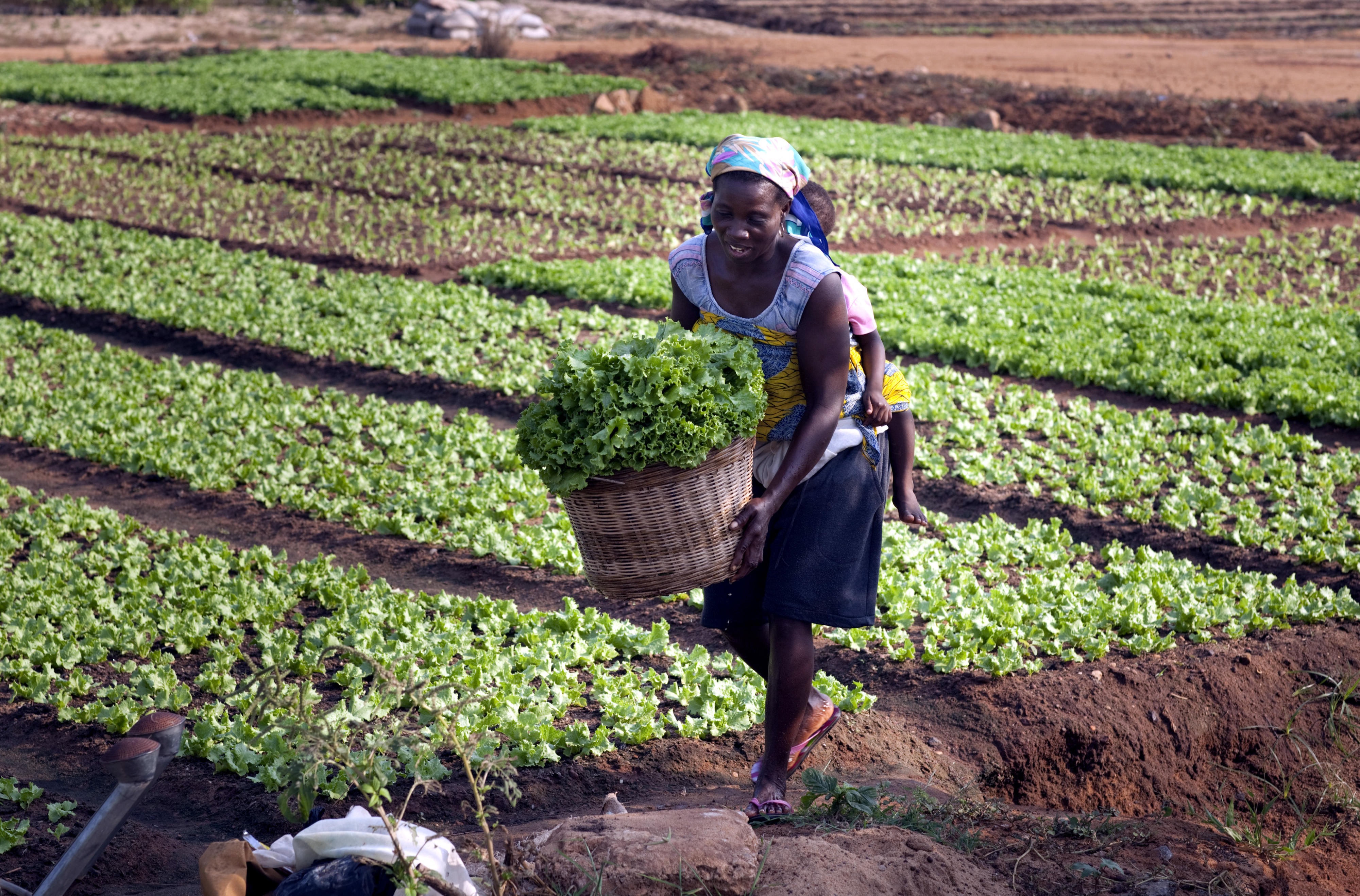Food security Schulze says Germany will be reliable partner for World Food Programme in fight against global hunger
Minister Schulze said, “fighting global hunger is a priority for me. More than 810 million people across the world are suffering from chronic hunger. More than 280 million people are affected or threatened by acute hunger. The numbers are on the rise once more, driven by conflicts but also by climate change and the consequences of the COVID-19 pandemic. The situation is particularly dramatic in Afghanistan, Yemen, the Horn of Africa and the Sahel region. In all of these challenges, the World Food Programme is a key partner for our efforts to fight hunger.”
David Beasley, Executive Director of the United Nations World Food Programme said, “only by defeating hunger will we be able to create a more peaceful and stable world. This means that we need to tackle the root causes of hunger and prepare and enable vulnerable people to get through crises. The strong partnership between WFP and Germany is a beacon of hope for millions of hungry people worldwide. In the Sahel, for instance, we are cooperating with the German Development Ministry on an innovative programme, implementing joint solutions to address the impacts of climate change, strengthening livelihoods and thus providing stability and hope for a better future.”
In 2021, the German government made 1.2 billion euros available for WFP. Germany was the second largest donor worldwide. Out of this, the BMZ is making 476 million euros available for fighting the root causes of hunger and for measures to strengthen the resilience of vulnerable people.
All in all, the BMZ is supporting the work of WFP in some 30 countries, especially in the crisis regions of the Sahel, the Horn of Africa, Central Africa, the MENA region and in Afghanistan.
Here is some more information on the Sahel resilience initiative to illustrate this engagement:
- Almost five million people in the five countries of the Sahel region are affected by hunger. Chronic and acute malnutrition is still high, in addition tensions and insecurity are increasing. There is a regular return of periods of drought and rainfall patterns are becoming less regular as a consequence of climate change.
- Since 2018, the BMZ and WFP have been working to massively expand the interventions in the five countries of Mauretania, Mali, Niger, Burkina Faso and Chad. The aim is to strengthen people’s resilience. In practice that means restoring soil fertility, ensuring that children can return to school, investing in healthy diets for mothers and children, creating jobs for young people and strengthening the social cohesion within entire communities. It is critical that measures span a period of at least five years, targeting the same vulnerable people in the same communities.
- Last year alone, the initiative provided support for 1.5 million people in more than 400 villages.



